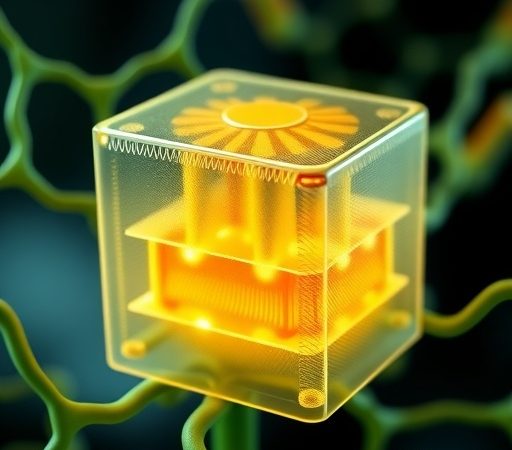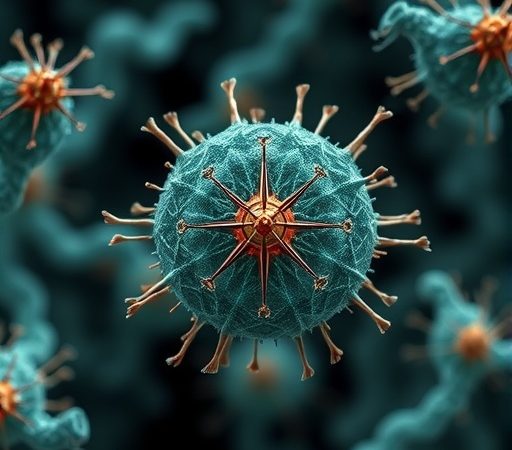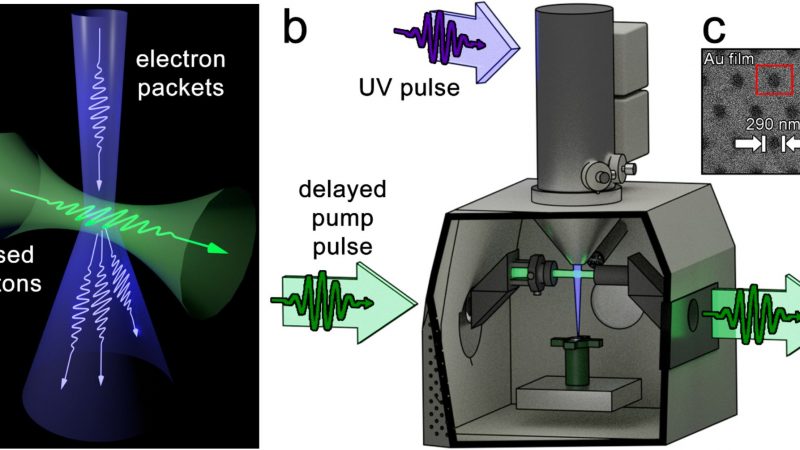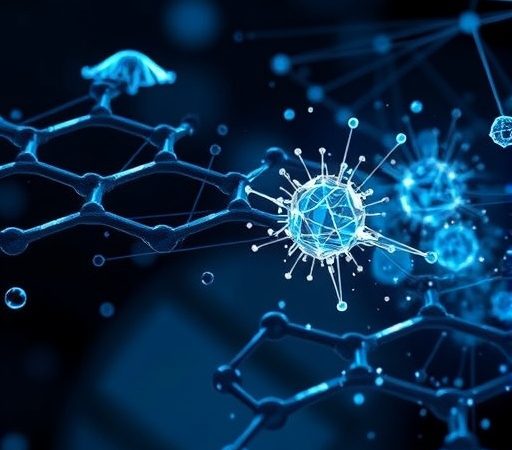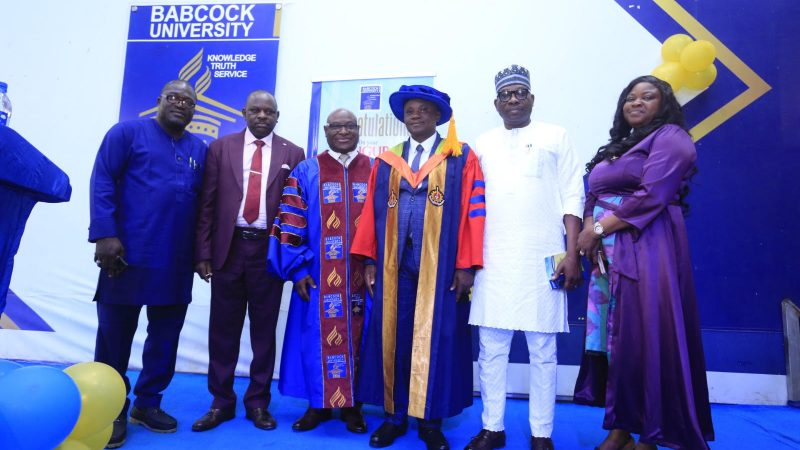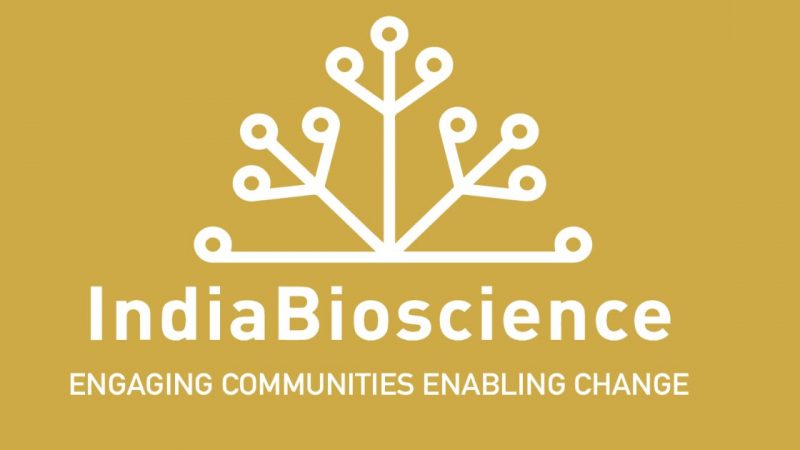Glimpse inside clever minds at University Science Week event
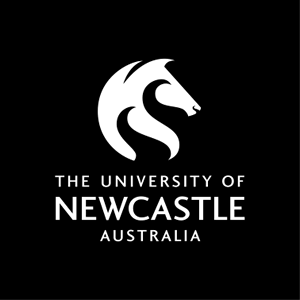
To celebrate National Science Week, the University of Newcastle is hosting a unique community event on Thursday that will delve into interesting, quirky and impressive research in science, technology and the environment.
The in-person event, ‘An Evening of Science with Robyn Williams: From Atoms to Ecosystems,’ will offer a glimpse into the minds of esteemed academics in the University’s College of Engineering, Science and Environment through a series of rapid-fire, five-minute talks.
Thought leaders will share insights on a variety of ideas including growing food crops with salt water; using psychological science to help jurors make more accurate decisions in criminal trials for sexual assault; and the role of DNA in addressing the biodiversity crisis.
Renowned science journalist and broadcaster, Robyn Williams AO, will deliver a keynote speech and spur thought-provoking discussion into the fascinating world of science, technology and the environment.
The event is an opportunity for the Newcastle community to learn from and celebrate the talent of local University of Newcastle academics – many of whom are internationally-recognised as leaders in their field and are delivering research of global importance.
Event name: An Evening of Science with Robyn Williams: From Atoms to Ecosystems
Date: Thursday 15th August
Time: Doors open at 5.30pm for 6:00pm start.
Location: Newcastle Conservatorium of Music, University of Newcastle, Corner Laman Street, Auckland St, Newcastle.
Tickets: To secure tickets for this free event, please go to Humanitix.
|
Speaker |
Dr Renee Goreham |
|
Talk Title |
A world without physics |
|
Description |
Dr Renee Goreham, who works at the intersection of biology and nanotechnology, will explain what would happen if we didn’t have physics. Senior Lecturer in the School of Information and Physical Sciences, Dr Goreham will also highlight what the University of Newcastle’s physics discipline is currently researching in three main areas – nanotechnology, solar astrophysics and optics and lasers. |
|
Speaker |
Dr Michael Stat |
|
Talk Title |
Environmental DNA. An emerging technique for monitoring biodiversity |
|
Description |
Molecular ecologist and Senior Lecturer in the School of Environmental and Life Sciences, Dr Michael Stat is interested in the use of genetics to understand ecology, evolution and adaptation species and communities In Australia, the latest State of the Environment Report highlighted the deterioration of our unique ecosystems. It is now recognised that to overturn the impact we are having on the environment and the species that live there we need better ways of monitoring biodiversity. The analysis of environmental DNA is an emerging technology that is rapidly increasing in uptake to survey for species and to characterise biodiversity. Whether the aim is to capture entire ecosystem communities, from bacteria to mammals, or for the detection of threatened species such as the iconic White’s seahorse or platypus, Dr Stat will discuss why environmental DNA is promising to be a powerful tool to more effectively manage and conserve the planets biota. |
|
Speaker |
Dr Glenn Wilson |
|
Talk Title |
Injecting science into Australia’s longest running and most intense State of Origin battle |
|
Description |
Associate Professor Glenn Wilson is an ecologist with research interests in marine and freshwater ecosystems and how their biota is influenced by habitats and the ways in which humans have altered them. Dr Wilson will be injecting some science into the great social divide between how Victorians and states to their north vehemently argue that their potato fast food is better than the other’s. The online debate is intense, even fierce, but is there any scientific basis to the question of “Are potato cakes really better than potato scallops?” |
|
Speaker |
Dr Vanessa Melino |
|
Talk Title |
Growing food crops with salt water |
|
Description |
Budding new plant biology research is paving the way to produce food crops that not only survive but thrive in salty conditions. Given the scarcity of freshwater reserves and the growing salinity crisis, plant physiologist and molecular biologist Dr Vanessa Melino sees a future where sea water can be used to cultivate crops. Dr Melino will share her research into salt-loving wild plants and developing the technology needed for domesticating them as food and feed crops. She intends for her research to provide sustainable solutions for farmers both locally and globally. |
|
Speaker |
Professor Erica Wanless and Professor Grant Webber |
|
Talk Title |
Unravelling Specific Ion Effects |
|
Description |
Salt is a natural compound found in the earth’s crust, the ocean and inside us. In fact, there are many salty compounds – everything composed of a positively charged metal ion and a negatively charged nonmetallic ion. Different salts have different jobs – e.g. potassium salts have a different biochemical role than sodium salts. In their joint talk, surface chemist Professor Erica Wanless and chemical engineer Professor Grant Webber will delve into specific ion effects. With a multidisciplinary, cross-university team they are developing a universal framework for understanding and predicting the properties of mixed and concentrated salt solutions. By combining surface and colloid chemistry and physics with computational chemistry including machine learning and big data, they are making great progress towards this goal. |
|
Speaker |
Dr Josephine Vaughan |
|
Talk Title |
The circular science of building materials |
|
Description |
Dr Vaughan’s research is developing ways to re-use whole building materials and reduce the impact of construction– on biodiversity, greenhouse gas emissions and amounts of building ‘waste’. Dr Vaughan uses industry-focused research to study the impact of buildings and building materials on the natural environment and human health. Her goal is to contribute to a future that includes greater uptake of environmentally sustainable construction practices worldwide. |
|
Speaker |
Dr Faye Nitschke |
|
Talk Title |
Using psychological science to help jurors make more accurate decisions in criminal trials for sexual assault |
|
Description |
One in five Australians believe that women are most likely to be sexually assaulted by a stranger, when only 6% of Australian women have been sexually assaulted by a stranger. Mistaken beliefs about sexual assault, just like this, mislead jurors to doubt evidence given by sexual assault complainants in criminal trials. These mistaken beliefs contribute to only 2% of sexual assaults resulting in a conviction at trial. In this talk, School of Psychological Science Associate Lecturer Dr Nitschke will explain how psychological science, including her own research, can be used to support jurors to make more accurate decisions in sexual assault trials and how psychology research is being used to reform how sexual assault trials are conducted in Australia. |
|
Speaker |
Dr Mona Bahri |
|
Talk Title |
Data Science for Renewable Energy |
|
Description |
In the face of the escalating climate change crisis, renewable energy offers a crucial solution for a sustainable future. However, this source of energy is dependent on weather conditions, which are inherently chaotic, making it challenging to produce reliable energy consistently. Lecturer with the University’s School of Information and Physical Sciences, Dr Bahri, says reliable and accurate forecast is key to overcoming this challenge. This is where Artificial Intelligence (AI) comes to the rescue. Dr Bahri will discuss how by leveraging AI’s advanced predictive capabilities, we can achieve the level of precision required to forecast weather patterns accurately, optimising the planning and production of renewable energy. |
|
Speaker |
Professor Silvia Frisia |
|
Talk Title |
A solution to the two-centuries old “dolomite problem” |
|
Description |
A global leader in her field of Earth Sciences, Professor Frisia digs deep into the past to find information about how the environment changed across cold and warm periods, which is used to test predictive mathematical models. In this talk she will discuss Dolomite CaMg(CO3)2 – a thermodynamically stable carbonate mineral that composes about 30% of the sedimentary carbonate mineralogy in Earth’s crust. Despite its geological abundance, today it forms very rarely in some extreme environments, such as alkaline lakes and evaporative coasts. Laboratory experiments failed to form dolomite at near-ambient temperature and pressure, and two centuries of scientific efforts failed to explain why some dolomite can still form at Earth’s surface conditions. This contradiction between the occurrence of massive dolomite deposits in the geologic record and the inability to grow dolomite near ambient conditions is the core of the “dolomite problem”. |
Contact
